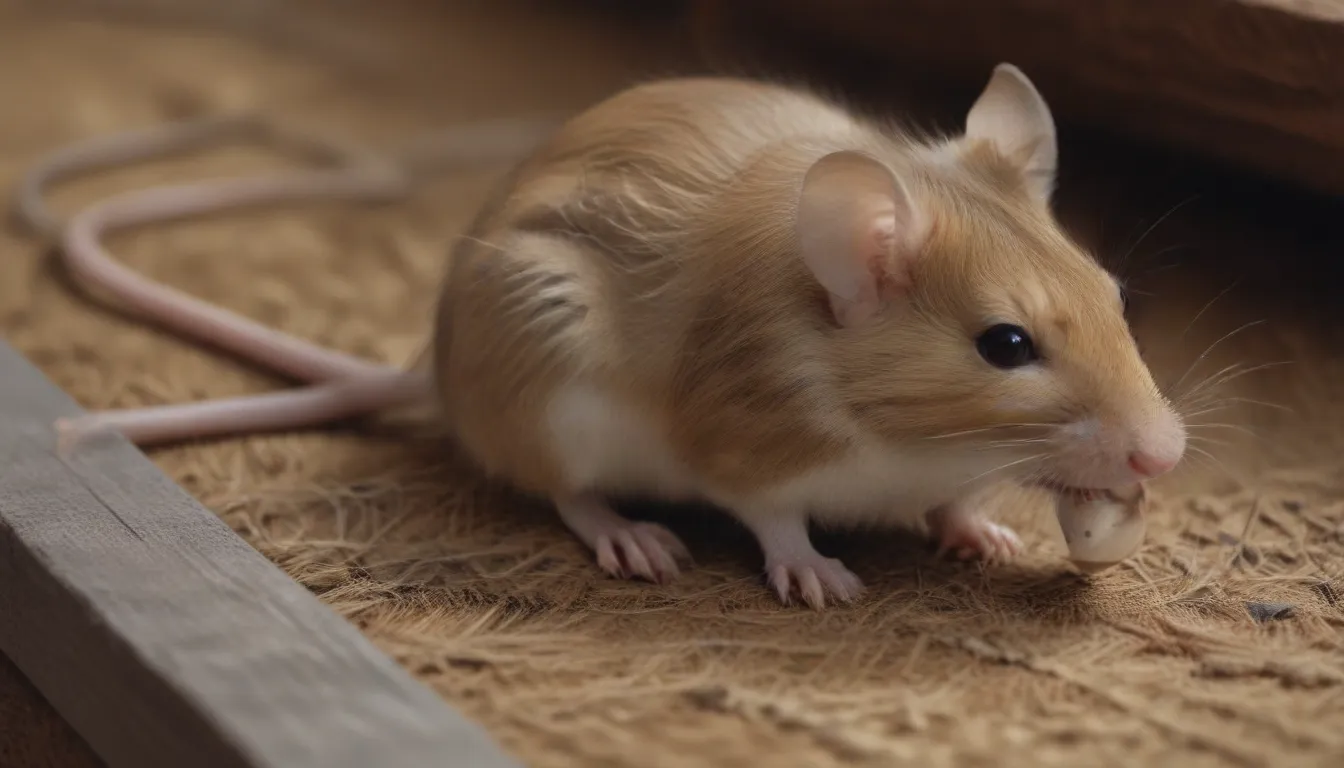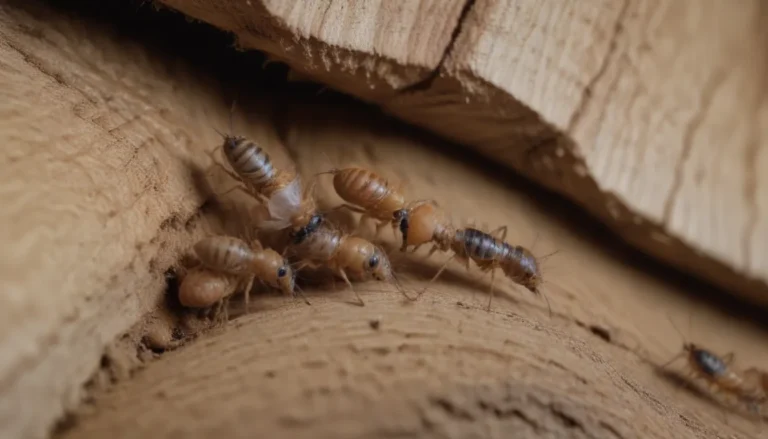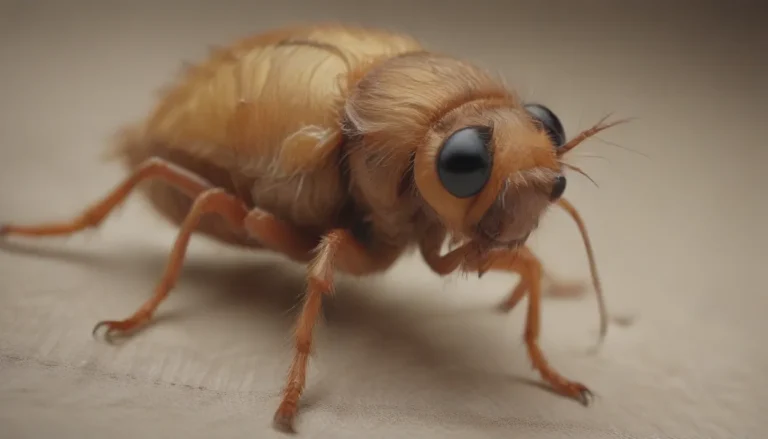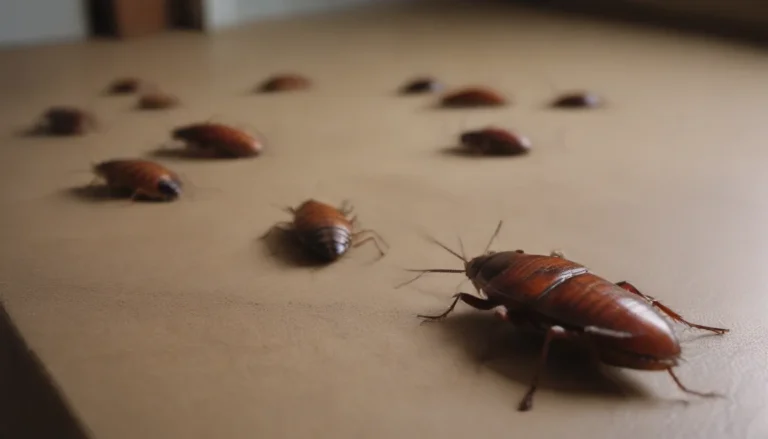How to Safely and Effectively Get Rid of Mice in Your Home

Dealing with unwanted mice can be a frustrating and stressful experience. These tiny creatures can cause significant damage to your home, contaminate your food, and spread diseases. However, with the right knowledge and tools, you can successfully eliminate mice from your living space and prevent them from returning.
Signs of a Mouse Infestation
Before you can effectively address a mouse problem in your home, you need to determine if you have a rodent infestation. Here are some tell-tale signs that you may have unwelcome visitors:
- Scratching Sounds: If you hear scratching or scurrying sounds coming from inside your walls or ceilings, it could indicate the presence of mice.
- Droppings: Finding small, rice-sized droppings in your garage, pantry, or other areas of your home is a clear sign of rodent activity.
- Chewed Items: Mice are notorious for gnawing on various objects, including food packaging, insulation, and wooden structures.
- Nesting Materials: Discovering shredded materials like paper, fabric, or insulation throughout your home could indicate that mice are building nests.
- Gnaw Marks: Look for small chew marks on surfaces like baseboards, furniture, and walls.
Understanding Mice Behavior and Appearance
Mice are small mammals with distinctive features that set them apart from other rodents. Here’s what you need to know about mice:
- Physical Characteristics: Mice have long tails, large eyes, fur-covered bodies, and large ears. They are typically about 7 1/2 inches in length, including their tails.
- Species: Common mouse species in the United States include the house mouse, deer mouse, and white-footed mouse.
- Behavior: Mice are nocturnal creatures that are highly adaptable and reproduce rapidly. They can squeeze through tiny openings and are attracted to sources of food, water, and shelter.
- Diet: Mice are omnivores and will consume a wide range of food items, including grains, fruits, seeds, and insects.
What Attracts Mice to Your Home
Mice are constantly on the lookout for sources of food, water, and shelter. By understanding what attracts mice to your living space, you can take steps to make your home less appealing to these pests:
- Food Sources: Ensure that food items are stored in airtight containers and clean up any spills or crumbs promptly.
- Water Supply: Fix leaky plumbing fixtures and eliminate standing water sources both inside and outside your home.
- Shelter: Seal off entry points, gaps, and cracks in your home’s foundation, walls, and roof to prevent mice from gaining access.
- Vegetation: Trim back overgrown vegetation around your home to remove potential hiding spots for mice.
Tip
If mice are gaining access to your garage, check the garage door sweep for gaps and replace it if necessary. This simple fix can help deter mice from entering your home.
Effective Ways to Get Rid of Mice
Once you’ve identified a mouse infestation in your home, it’s time to take action. Here are four effective methods for getting rid of mice:
- Seal Entry Points: Locate and seal off any gaps, cracks, or holes in your home that mice could use to enter. Use metal sheets or mesh to block these entry points effectively.
- Modify Their Habitat: Remove sources of food, water, and shelter that attract mice to your property. Keep your yard clean and clutter-free to discourage rodent activity.
- Set Snap Traps: Use mouse snap traps to capture and eliminate mice. Ensure that you are using traps specifically designed for mice, as rat traps are too large for these rodents.
- Try Glue Trays: Consider using glue trays as an alternative trapping method. While controversial, these traps can effectively capture multiple mice at once.
Preventing Future Mouse Infestations
Taking proactive measures to prevent mice from entering your home is crucial for long-term success. Here are some tips to help you keep mice at bay:
- Maintain a Clean Home: Regularly clean and declutter your living space to remove potential food sources and nesting materials.
- Seal Entry Points: Conduct regular inspections of your home to identify and seal off any new entry points that mice could exploit.
- Use Natural Deterrents: Consider using peppermint oil, cinnamon, vinegar, cayenne pepper, or ammonia to deter mice from entering your home.
- Monitor Your Property: Keep an eye out for signs of rodent activity and address any issues promptly to prevent a full-blown infestation.
Mice vs. Rats: Key Differences
While mice and rats may cause similar issues in your home, they have distinct characteristics that set them apart:
- Mice: Smaller than rats, can fit into small holes, reproduce quickly, and are curious creatures.
- Rats: Larger than mice, more cautious, wander farther from their nests, and nest in smaller numbers.
Knowing the differences between mice and rats can help you better identify the type of rodent infestation you are dealing with and the most effective methods for eradication.
When to Seek Professional Help
In some cases, a mouse infestation may be too severe or challenging to handle on your own. If you are unable to effectively eliminate mice from your home, it may be time to call in a professional pest control service. An Integrated Pest Management (IPM) professional can assess the situation and implement targeted solutions to eradicate the infestation safely and effectively.
Remember
When using rodenticides or chemical control methods to manage a mouse infestation, it’s crucial to follow safety guidelines and ensure that bait stations are securely locked away from children and pets. Improper use of rodenticides can pose risks to both humans and animals.
By taking a proactive approach to mouse prevention and implementing effective elimination strategies, you can protect your home from unwanted rodent intruders and maintain a safe and healthy living environment for you and your family.
References:
– Centers for Disease Control and Prevention. Diseases Directly Transmitted by Rodents.
– University of Missouri Extension. Controlling House Mice.
– Centers for Disease Control and Prevention. Trap Up!
Remember, a clean and well-maintained home is your best defense against mice. By staying vigilant and proactive, you can ensure that your living space remains free of these pesky pests.





